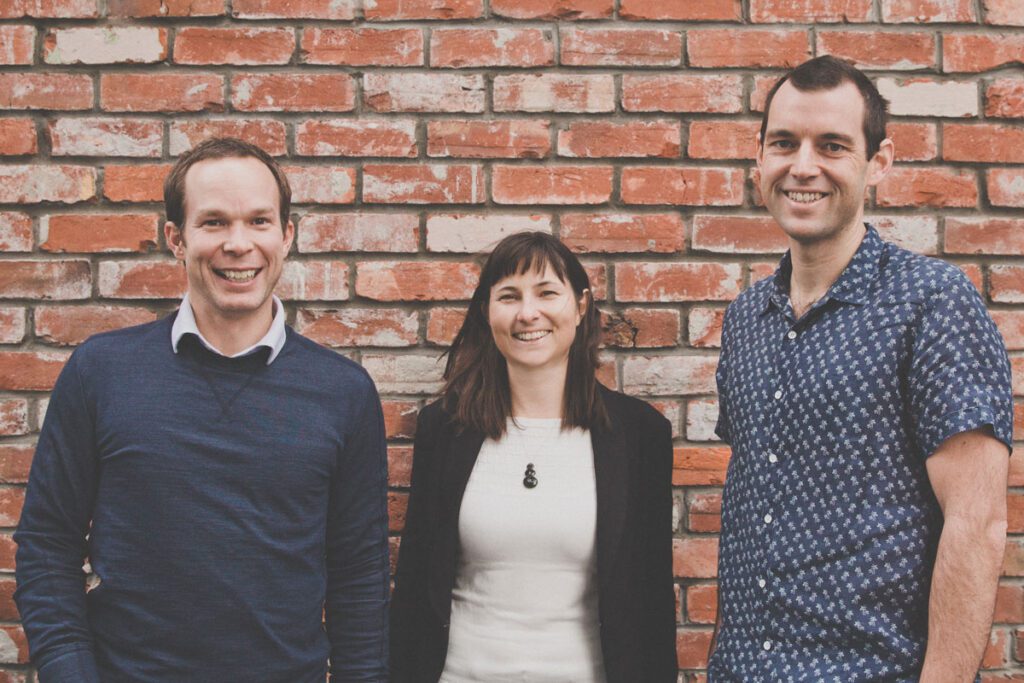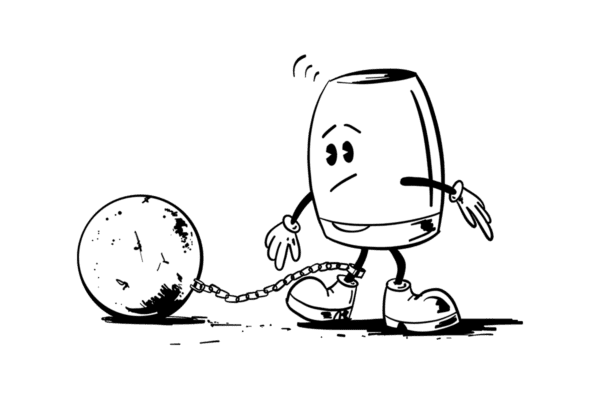Electric Kiwi’s managing director Julian Kardos talks free power and doing electricity a “smarter way” with international power news website Metering.com (now Smart Energy International).

Electric Kiwi: the 100% smart meter electricity retailer
When customers sign up to buy electricity from New Zealand online retailer Electric Kiwi, they are entitled to 60 minutes of free power a day.
The ‘Hour of Power’ product between 2-3pm or 10-11pm is made possible because the start-up retailer only takes customers with smart meters, explains managing director of Electric Kiwi Julian Kardos.
The 30-minute interval smart meter data allows the company to work out when customers are using most power and offer products to shift load.
The Auckland-based company started trading in May 2015 in what Mr Kardos describes as New Zealand’s fluid electricity market that is designed to encourage competition.
Retailers are able to buy electricity from an exchange in 30-minute intervals.
Electric Kiwi also benefited from a New Zealand government regulation introduced in April 2015 requiring all meters to be re-certified.
Kardos says: “What that basically meant was the government was nervous about the quality of data coming from meters. This created an opportunity to replace legacy meters with smart meters.”
Electric Kiwi distribution agreements
The privately-owned company (majority funded by Kardos and his business partner Phillip Anderson) entered the New Zealand market by setting up contracts with distributor companies (of which there are 29) that enables Electric Kiwi to trade on the “lines company’s” geographic area and whatever connections it has within its bounds.
Smart meters, which in New Zealand run on GPRS or radio mesh frequency, transmit data to a centralised registry where three meter companies then validate and provide retailers with a certified copy of the data within three days.
Kardos admits that electricity retailing is a tight margin business, which is why Electric Kiwi’s model is 100% online including customer services.
“You need to be able to use technology to interact with us so it means we naturally tend towards a younger customer base comfortable using live chat.”
New Zealand electricity retailing
The Electric Kiwi model is purely for customers with smart meters to allow the company to offer products such as the free ‘Hour of Power’
In September 2015, the company had a base of 400 customers and aims to achieve 1,000 by the end of 2015 and 5,000 by 2016 year-end.
Although 400 is not a huge sample size, says Kardos, among them are “early adopters, people who are willing to give things a go”.
New Zealand is a high switching country with 40,000 customers changing supplier a month. “There is a huge amount of distrust among existing retailers,” he says.
Kardos believes the company’s size (seven full-time staff and one part-time) means that it can be agile and “use smart meters in a smarter way” than incumbent electricity retailers.
The New Zealand electricity retailing market is dominated by five big companies, he explains. “We call them ‘gentailers’ as they may have dams and coal-generation plants but also sell power to customers.”
“Often these energy suppliers are using smart meters in the same way as a legacy or analogue meter. Customers are paying the bill in the same way and the utility might not be using the 30-minute data. They might send a meter reader round as they don’t have the infrastructure set up to change to an automated approach – it becomes a slow moving ship that needs to move around.”
“Our business philosophy is we want to be ahead of the game, so we build our own systems so we can launch products like the ‘Hour of Power’,” says Kardos, whose background is in IT.
New entrant to electricity market
So how have the ‘Big 5’ electric utilities responded to the initiative? “It’s been interesting. We’ve seen a direct response,” says Kardos.
“In September 2015, one ‘gentailer’ launched a campaign to give away one free day of power, every week for 20 weeks if you signed up to the programme. But that utility can’t offer customers what we’re offering because not all of them have smart meters, so the product would be selective to their customer base, which would frustrate them.
He adds: “Within the industry, it’s actually a good community and we’ve had some good support, not only within the existing retailers. You have to operate as an eco-system to make this work.”














